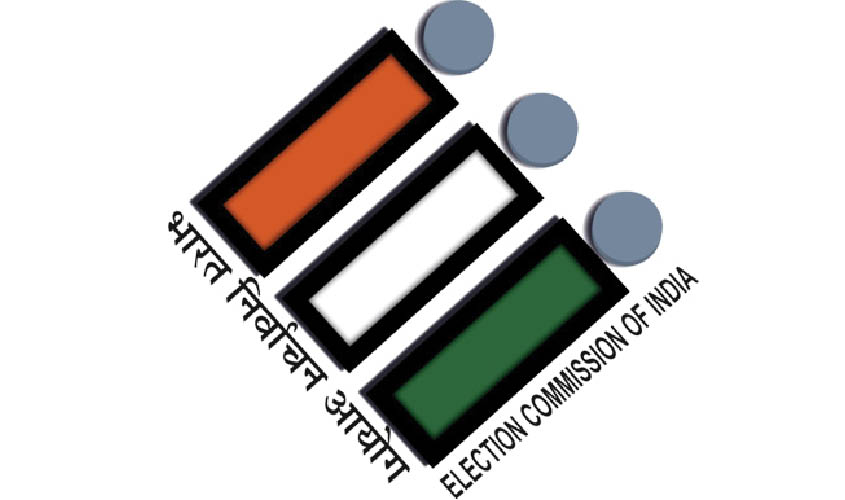Now that the process of electing the 17th Lok Sabha is coming to an end, it’s time to ask why, in spite of having one of the most apparently efficient electoral systems in the world, India has to spend nearly a month and half to find out which way it has voted. Why is it that elections to even “peaceful” states such as Maharashtra, Madhya Pradesh, etc., have to be held in several phases? Why is it that, in many places, after enduring 40+ degrees Celsius of summer heat to cast their mandate in the last phase, voters will have to wait for another four days to know the results? In countries with robust democracies, four days are enough to complete the whole election process and have a new government in place. If the Indian elections are a celebration of democracy, let the nation be in a celebratory mood until the last vote is cast, which is not the case now. The elections were announced on 10 March, the first votes were cast on 11 April and the results will be declared on 23 May. After two and a half long and tiring months—during which the nation has been bombarded with political speeches, charges, counter charges, controversies—the spirit of democracy tends to get dulled. A reflection of this is seen in the moderate voting percentages during the last phases of the elections. It’s as if India has had to put its life on hold during this whole period. For two and a half months, governments across the country have been in a state of limbo, with important decisions sent to the back burner. In fact, not just the Lok Sabha elections, some of the big states going to the polls also require nearly as much time. While one-nation-one-election—when the elections to the Lok Sabha and all the Assemblies are held together—may seem to be a chimera, the least the Election Commission of India can do is to make the electoral process less “disruptive”. Even if one-day voting may seem impossible for as huge a country as India, there is no reason why a seven-phase poll cannot be held inside seven to ten days. Logistics should not be a problem. A country of over a billion
Here mention also must be made of the delayed reaction of the ECI to the innumerable complaints of voter intimidation, violence and rigging in West Bengal. Even the loss of lives in the state apparently did not move the ECI into action. It was only after a road show of the Bharatiya Janata Party president came under attack and violence broke out, that the ECI invoked Article 324, putting a stop to campaigning, apart from removing the DGP and the Home Secretary of the state from their posts, an action that should have been taken long ago if their neutrality was under the cloud. Questions also arise about why the ECI did not ensure 100% coverage of poll booths by the CAPF in the initial phases of the elections in the state. West Bengal is the most “sensitive” state this time around and adequate preparations should have been made keeping that in mind. The whole purpose of stretching the polling exercise for over a month and half is defeated if free and fair elections cannot be conducted. Right to vote is an inalienable right in a democracy. The ECI’s job is to facilitate that process. If the ECI cannot ensure that, it is not a job well done, however much the venerated institution is complimented for organising a humongous election “successfully”.

